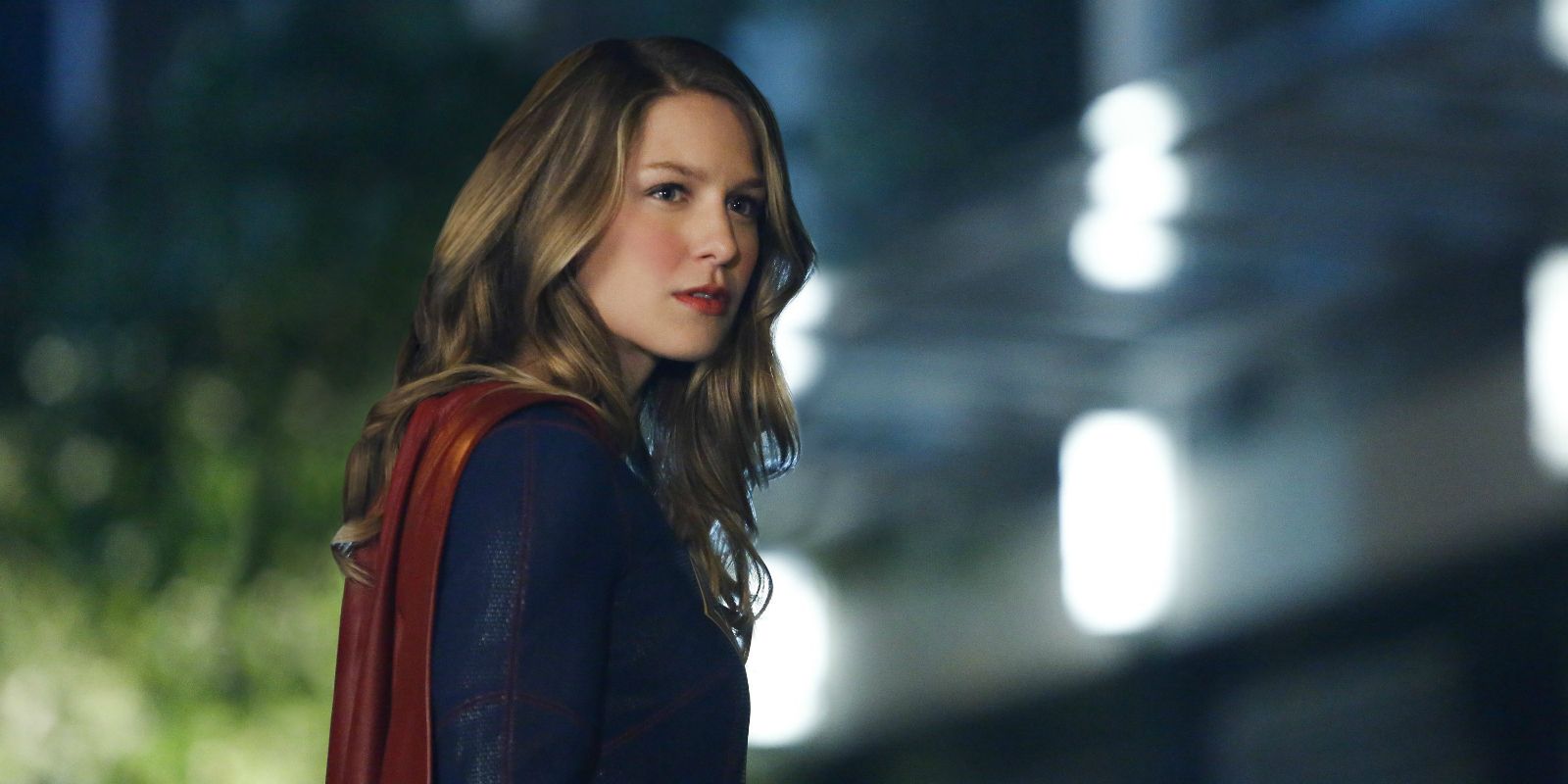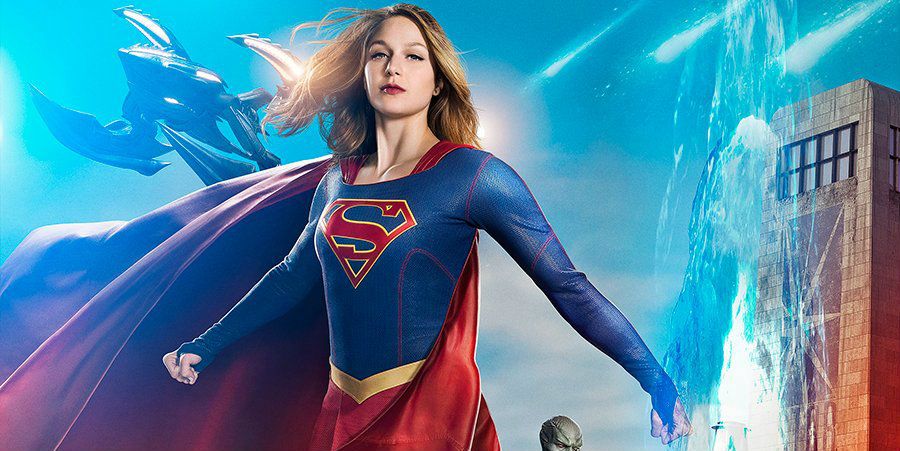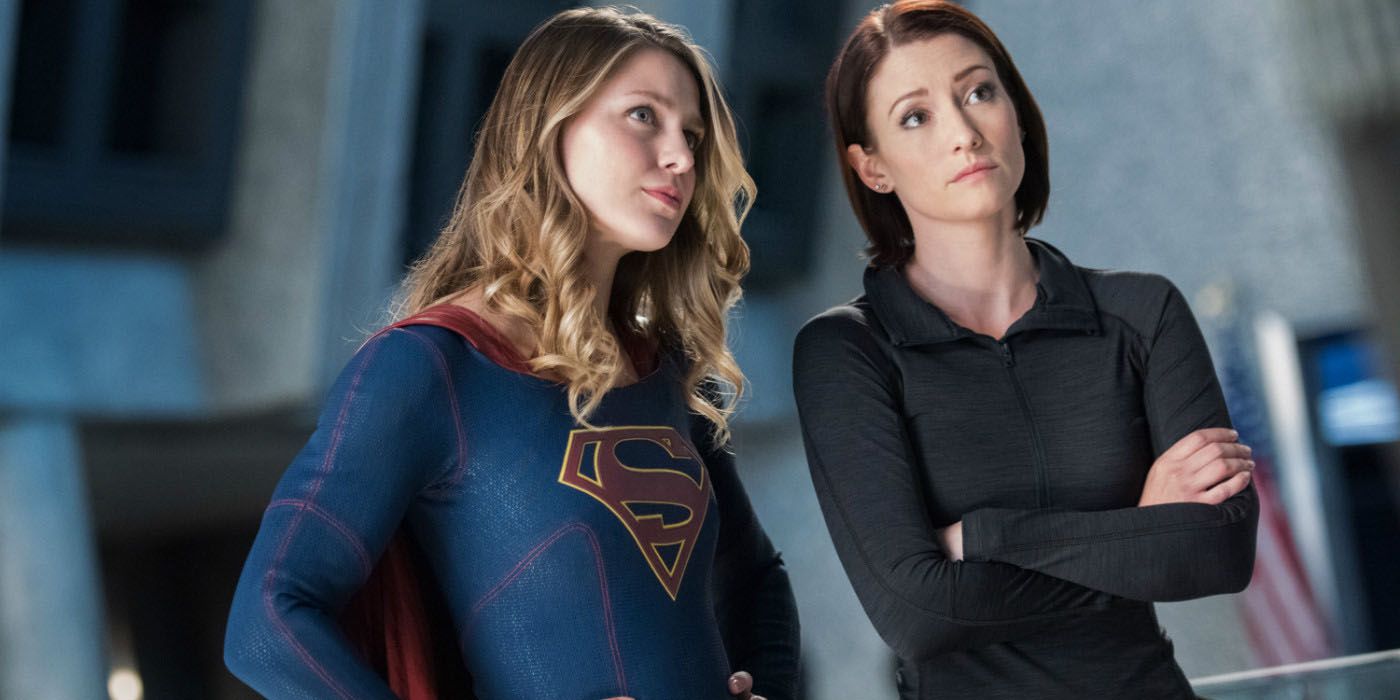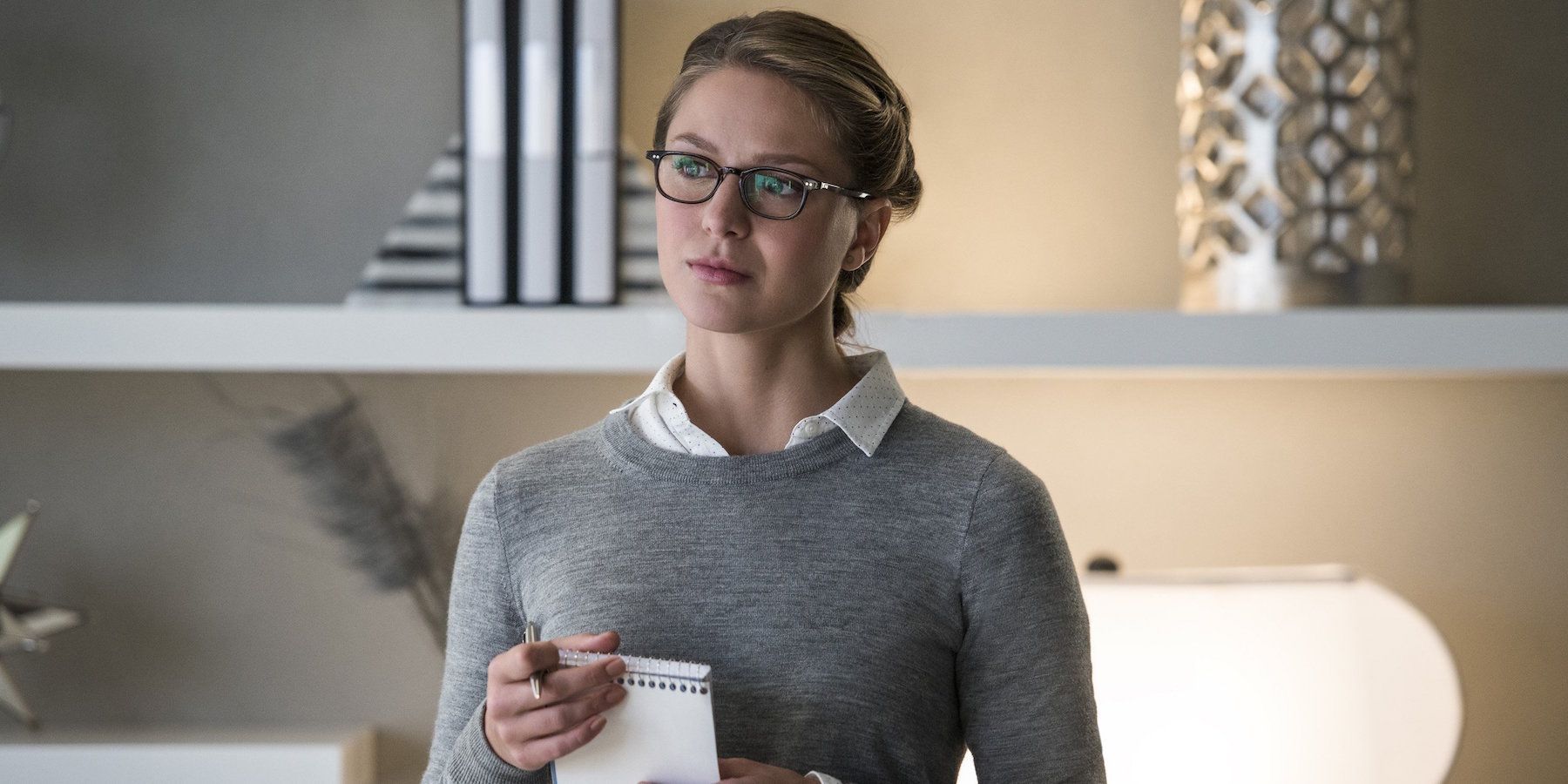There are fewer and fewer people around today old enough to have regularly read Superman and Superman-associated comic books in their original Golden Age form, but once upon a time, if you were to corner then in honest conversation, you'd hear a certain confession a lot more often than you'd expect: The main Superman books of the day (Superman, Adventures of Superman, Action Comics, etc) weren't necessarily their favorites.
All the jokes about how Superman is either implicitly boring or becomes boring quickly because of his joint physical and moral supremacy? Regular comics readers are more familiar with that reality than anyone. That's why a surprising number of devout Superman fans will tell you that the "real action" in terms of engaging storytelling was often found in the tertiary Super-books: The ones where Superman and his attendant mythology were present but not necessarily the focus (the books dedicated to Lois Lane and Jimmy Olsen, for example).
The most common variation on this theme is, of course, the frequent refrain from comics historians that the Golden Age Superboy (the concurrently-published prequel series that established Clark Kent operating as a teenage superhero in Smallville, before moving both identities to Metropolis as an adult) was a more interesting character than his adult counterpart - chiefly because he had all the cool powers but was "allowed" to feature in stories where he could suffer, screw up, act rashly and even fail because... well, he was still learning. You can pretty much draw a straight line from Golden Age comics readers preferring Superboy to Superman directly into the Silver Age proliferation of flawed, often teen or college-age heroes like Spider-Man and the X-Men.
Superman titles delivered the larger than life action, but Superboy is where the character developed his heart. It's no accident that some of the most enduring parts of the (original) Superman mythos actually originated there rather than in the "main" series: Krypto the Superdog, Bizarro, and even Lex Luthor's first origin story (he blamed Superboy for making him bald. No, really.) The sole drawback to Superboy? That it was, in fact, a prequel. Interesting or not, he couldn't interact with the rest of the not-yet-active DC Universe and - more substantively - you knew he was never in any real peril because he grows up to be the strong, well-adjusted adult in the book right next to his on the rack.
But if you wanted a Super-somebody book with a relatable young protagonist that was contemporary enough for real stakes? That's where Supergirl came in. While the gender switch (and DC editorial's "interesting" thoughts on what a superhero comic aimed at young women should be about) certainly helped make her immediately distinct from any other Superman book, in overall construction the Golden Age Supergirl (technically, she originated about 2 years into the Silver Age, but those designations are wonky for Superman-related material, since his continuity didn't actually stop during superhero comics' early-50s "dead years") effectively had the same moving parts as Superboy: The powers of Superman gifted to a teenager who wasn't always guaranteed to use them correctly, and often created the very havoc she'd then have to extricate herself and her friends/family from.
Of course, Superboy's super-foibles were typically framed as the perils of on-the-job training while Supergirl's tendency to make her own troubles were often uncomfortably coupled with the implication that emotion-driven poor decision making (love triangles, disastrous crushes, conclusion-jumping, etc) came with the territory of her gender. But if one can manage to read "around" those instances of casual sexism, it's hard not to argue that Kara Zor-El was more interesting than her older cousin. She made mistakes. She learned things. Sometimes she acted selfishly, or let her emotions get the better of her. She could be tricked into doing the wrong thing.
Since Supergirl wasn't a static character, she didn't end up sharing Superman's problem of being saddled with a static status-quo; evolving from her early undercover-orphan phase to having her own room in the Fortress of Solitude and growing from Superman's "secret weapon" to a public hero of her own. DC knew what they were doing (at least in the short term) when they made her one of the handful of "setpiece" marquee hero deaths in Crisis on Infinite Earths: If you want people to feel a comic book death, kill whoever feels the most human.
And yet, even though it's demonstrably in keeping with tradition, it's still kind of surprising that the DCEU's current television incarnation of Supergirl - which, in many ways, has been content to imagine an entirely new version of Kara in terms of backstory and supporting cast - has so enthusiastically embraced "error-prone magnet for disaster" as a defining trait for its titular main character. Supergirl is largely a show about a superheroine who can barely function at anything that doesn't involve superheroics.
"Kara Danvers" is, putting it mildly, a bit of a mess. The CW version of a mess where she always looks improbably beautiful, impeccably dressed and can somehow afford an apartment that looks like a Williams Sonoma lifestyle showroom, sure - but a mess all the same. She's made it to her mid-20s with ambition in direct inverse-proportion to her sense of what she wants to do with her life. She's oblivious to everything - from the romantic fixations of her closest compatriots, to poorly-disguised undercover aliens, to the fact that her own sister has been a secret agent for years - and she's routinely outwitted by bosses, authority figures in general and pretty much any villain whose schemes involve more thinking than brawling.
What's more, despite this mountain of evidence that perhaps awareness isn't really her strong suit, she's decided she wants to be, of all things, a reporter... which she's also terrible at. And not in the sense of "the show doesn't know what reporters do," either - it's a running plot point (and the basis of her entire relationship with new boss Snapper Carr) that she hasn't the faintest idea what this profession actually entails. At this point, Kara spends so much of her non-Supergirl time sifting through her own foul-ups you can practically feel the showrunners' relief at Melissa Benoist possessing what might be the most deftly weaponized pout on contemporary television.
And yet, just as it did in the original Supergirl comics... somehow, this works in the show's favor. She can best any villain so decisively that much of the fighting (especially in season 2) feels nakedly perfunctory, but outside of flying, punching or blasting things with heat-vision she's almost cosmically inept... and thus far it all balances out into a character who's human vulnerability brings more tension to bear than kryptonite ever has. If intentional, it feels like a hell of a gambit for a 2016 series of any stripe: Reaching back into one of the most potentially "problematic" aspects of a comic book from the 50s to find characterization for a 2016 heroine whose series literally opened with an argument over whether her secret identity was sufficiently feminist. But so far, it's working out.
Granted, it's not entirely clear how much of this comes from looking back to the source material versus keeping up with current generation trends for millennial female protagonists on network TV; where bumbling-yet-determined (and usually perpetually sunny) young lady professionals now make up an entire character subgroup sometimes shorthanded as "adorkable" (see also: Jemma Simmons on Agents of S.H.I.E.L.D, Abby Sciuto on NCIS, Zooey Deschanel in everything). But there's a reason this stock-type currently resonates so strongly with a generation of women (and men) who've been handed an entire world's burden to shoulder, plenty of criticism of how they're doing it, but few real directions as to how to shoulder it better.
Time will tell if this formula is sustainable long-term, but for now Supergirl is proving as perfectly imperfect a heroine for this age as she did 60 years ago - and that's no small feat.
Supergirl airs Mondays on The CW.




